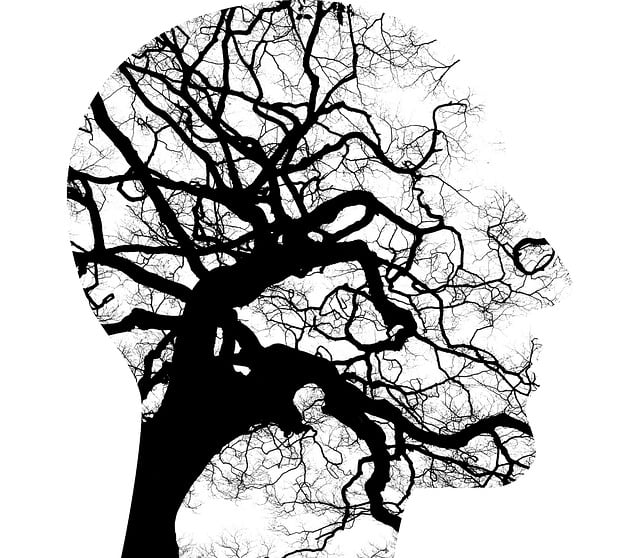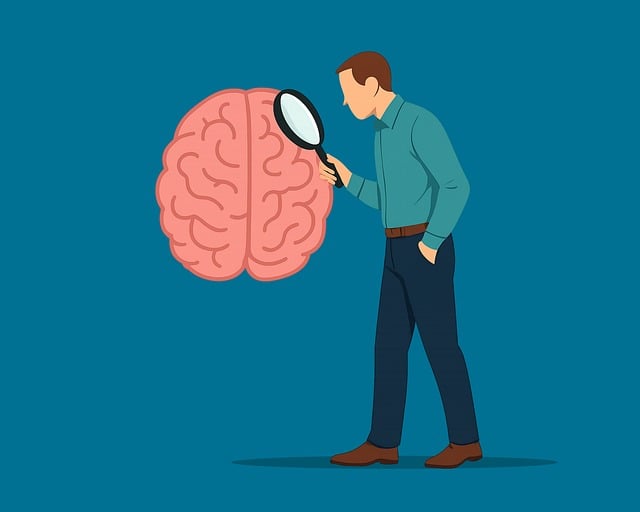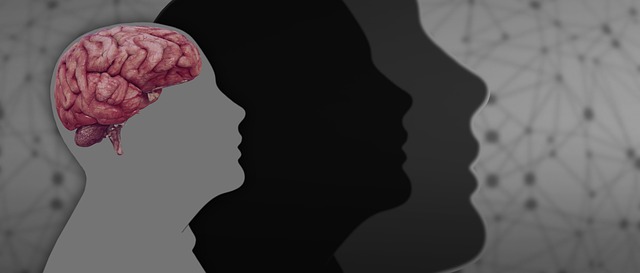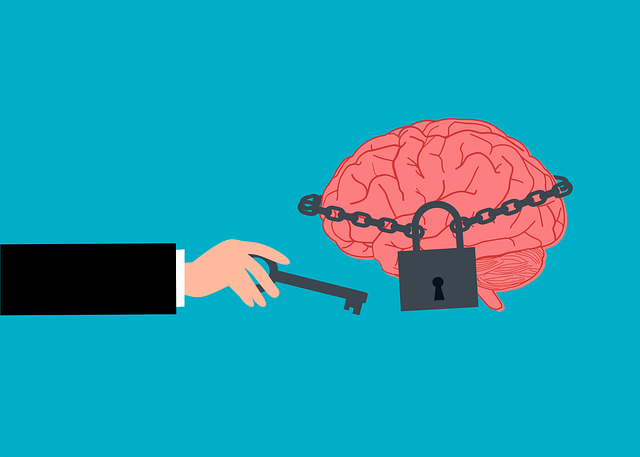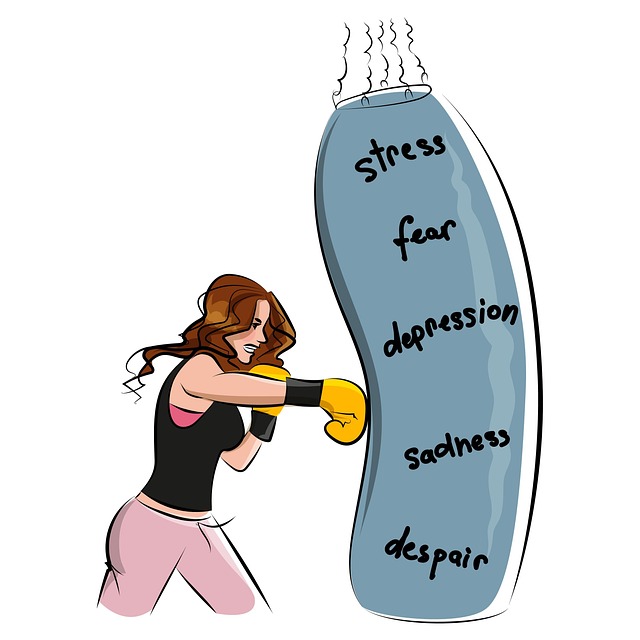The Centennial American Sign Language (ASL) Therapy program is revolutionizing healthcare in the U.S. by addressing communication gaps with deaf or hard-of-hearing patients, ensuring accurate diagnoses and improved comfort. By training healthcare providers in ASL, Centennial fosters trust, understanding, and mental wellness awareness, reducing burnout among staff and anxiety for patients. This inclusive approach enhances patient experiences, promotes accessible services, and ultimately strengthens the bond between patients and caregivers.
“In today’s diverse healthcare landscape, cultural competency is no longer a nice-to-have but an imperative. This article explores this evolving necessity, focusing on how healthcare provider training can bridge cultural gaps and improve patient outcomes. We delve into the significance of understanding different cultural contexts, particularly highlighting the impact of American Sign Language (ASL) therapy in modern care. Centennial’s innovative approach to enhancing patient interactions through ASL training showcases a promising path forward.”
- Understanding Cultural Competency in Healthcare: A Necessary Shift
- The Role of American Sign Language (ASL) Therapy in Modern Care
- Centennial's Approach: Enhancing Patient Care through ASL Training
Understanding Cultural Competency in Healthcare: A Necessary Shift

In the ever-evolving healthcare landscape, understanding cultural competency is no longer a choice but an imperative. This shift is particularly significant in the United States, where diverse communities demand personalized and sensitive care. Cultural competency involves recognizing and respecting the unique values, beliefs, and practices of individuals from different backgrounds, especially those who are part of marginalized groups. For example, the Centennial American Sign Language Therapy program aims to bridge communication gaps by training healthcare providers to work effectively with Deaf and hard-of-hearing patients.
This approach extends beyond language interpretation; it encompasses mental wellness support as well. The Mental Wellness Podcast Series Production, a modern tool for resilience building and confidence boosting, exemplifies how technology can be leveraged to cater to diverse needs. By integrating cultural competency into healthcare training, we foster an environment where every patient feels heard, understood, and ultimately, receives the best possible care.
The Role of American Sign Language (ASL) Therapy in Modern Care

In modern healthcare, integrating American Sign Language (ASL) therapy offers a powerful tool for improving communication and patient care, especially in diverse communities. The Centennial American Sign Language Therapy program plays a significant role in bridging the gap between healthcare providers and deaf or hard-of-hearing patients. By training medical professionals in ASL, these programs ensure effective communication, which is essential for accurate diagnoses and patient comfort. This visual language enables healthcare providers to connect with patients on a deeper level, fostering trust and understanding, and ultimately enhancing the overall patient experience.
Beyond improving direct patient interaction, ASL therapy contributes to burnout prevention among healthcare workers. Learning ASL can be a rewarding experience, reducing frustration during communication attempts and promoting better mental health education. By incorporating this skill set, healthcare institutions can create more inclusive environments, improve anxiety relief for patients and staff, and design mental health programs that cater to the unique needs of deaf individuals.
Centennial's Approach: Enhancing Patient Care through ASL Training

Centennial is revolutionizing healthcare by prioritizing American Sign Language (ASL) therapy as a game-changer in enhancing patient care. This innovative approach recognizes the profound impact of effective communication on emotional regulation and mental health awareness. By training healthcare providers in ASL, Centennial fosters a deeper connection between patients and caregivers, ensuring better understanding and improved self-care practices.
The integration of ASL therapy allows medical professionals to transcend language barriers, making healthcare services more inclusive and accessible. This skill set is especially valuable when interacting with deaf or hard-of-hearing individuals, promoting equal opportunities for patient education and mental health support. Through Centennial’s initiative, providers gain the tools to navigate complex situations with sensitivity, ultimately improving overall patient satisfaction and well-being.
Healthcare provider cultural competency training, such as that offered by Centennial American Sign Language Therapy, is not just a desirable skill set—it’s a necessity in today’s diverse healthcare landscape. By enhancing patient care through programs like Centennial’s, we move towards more inclusive and effective medical services. This shift not only respects patient identities but also improves health outcomes. Embracing cultural competency, including the use of American Sign Language, ensures that all individuals receive the highest quality care.

